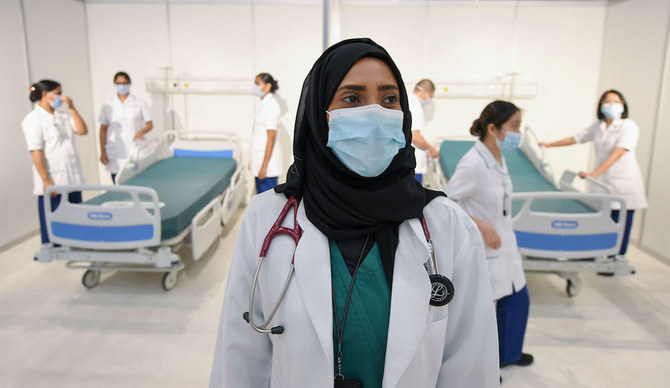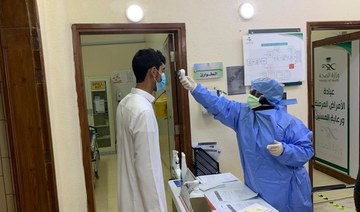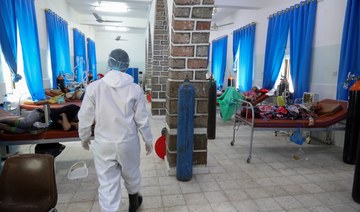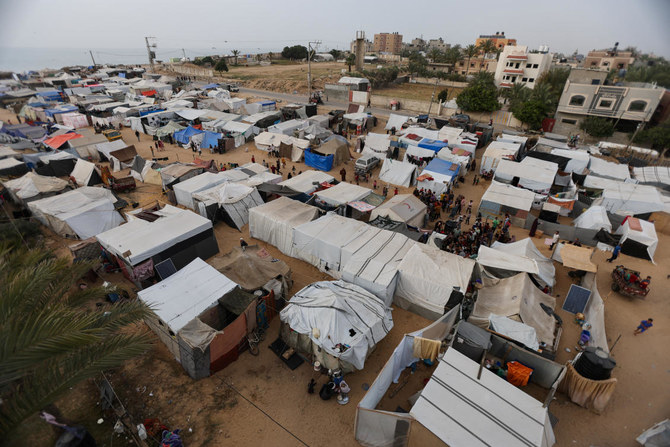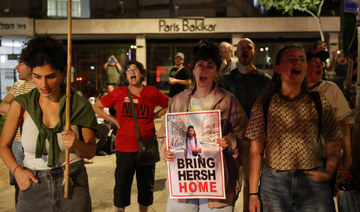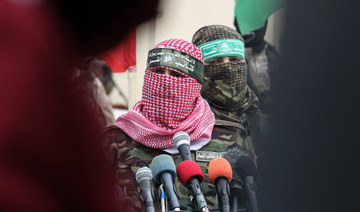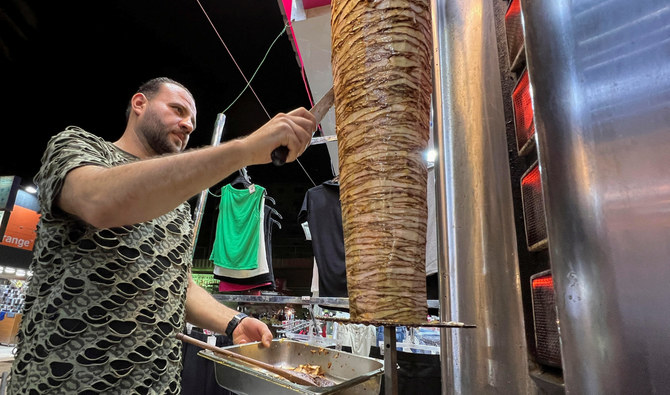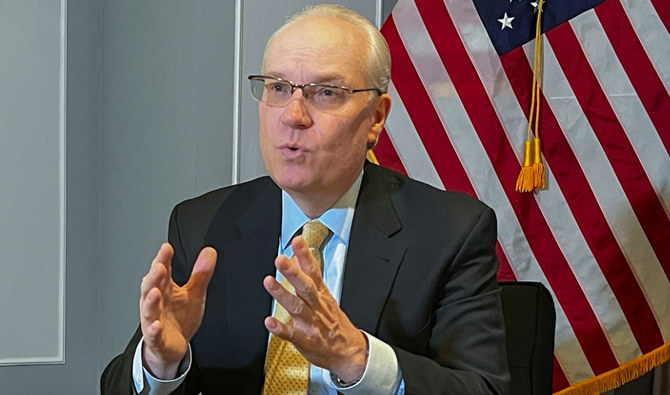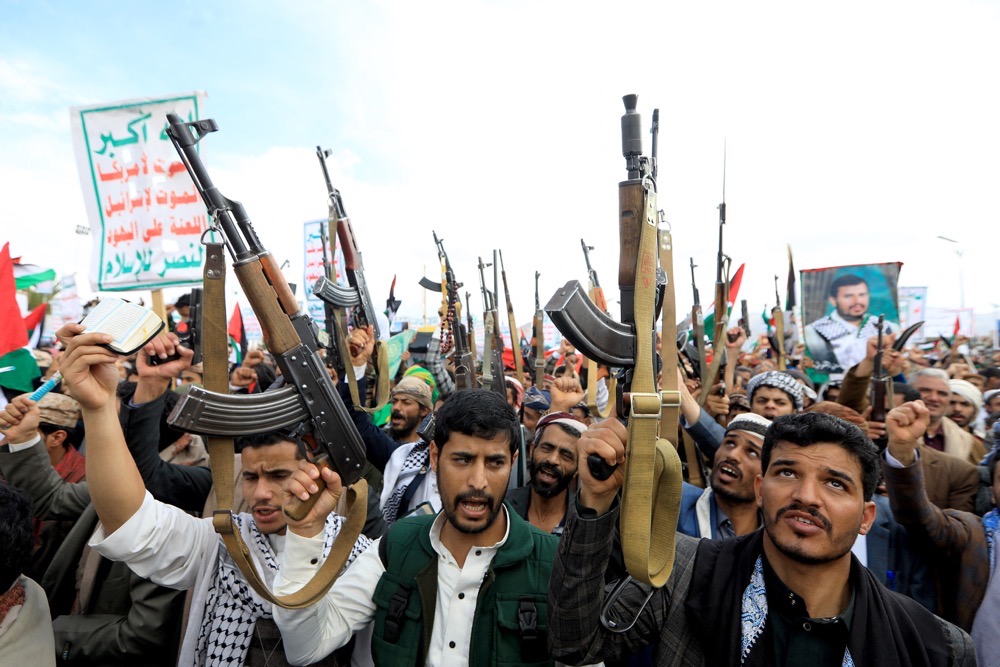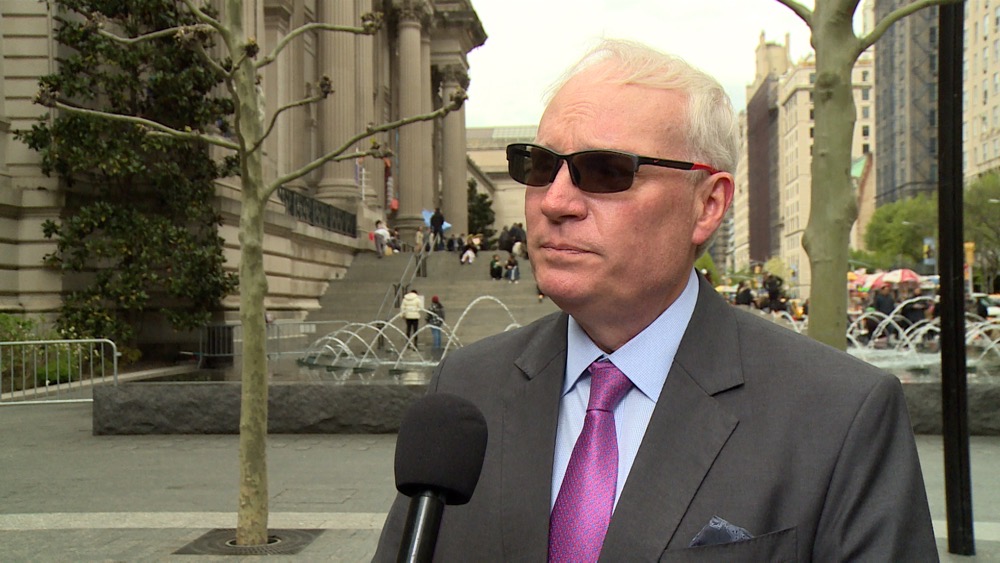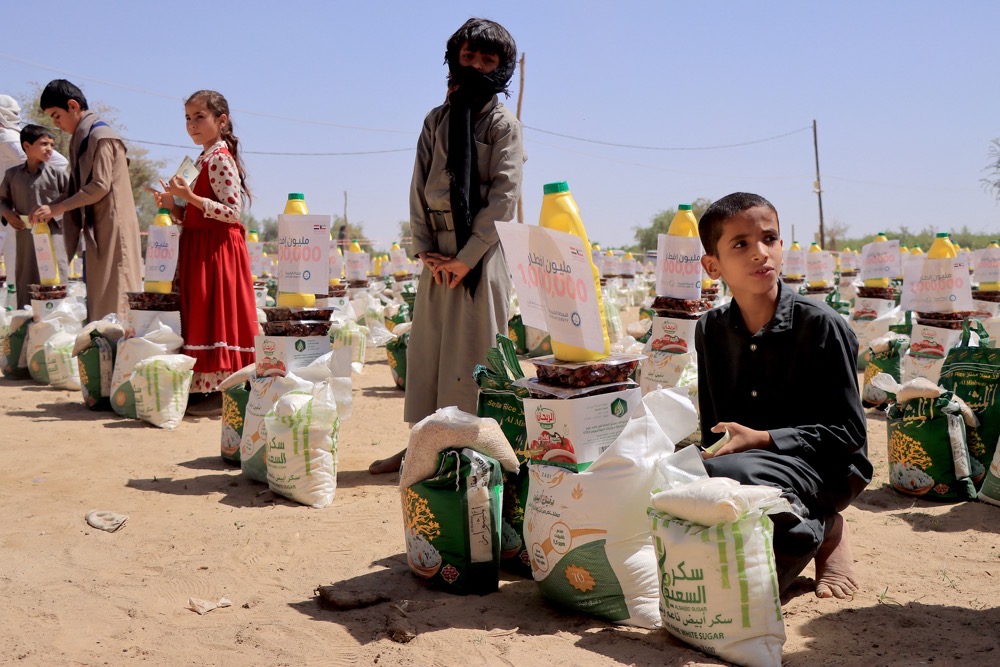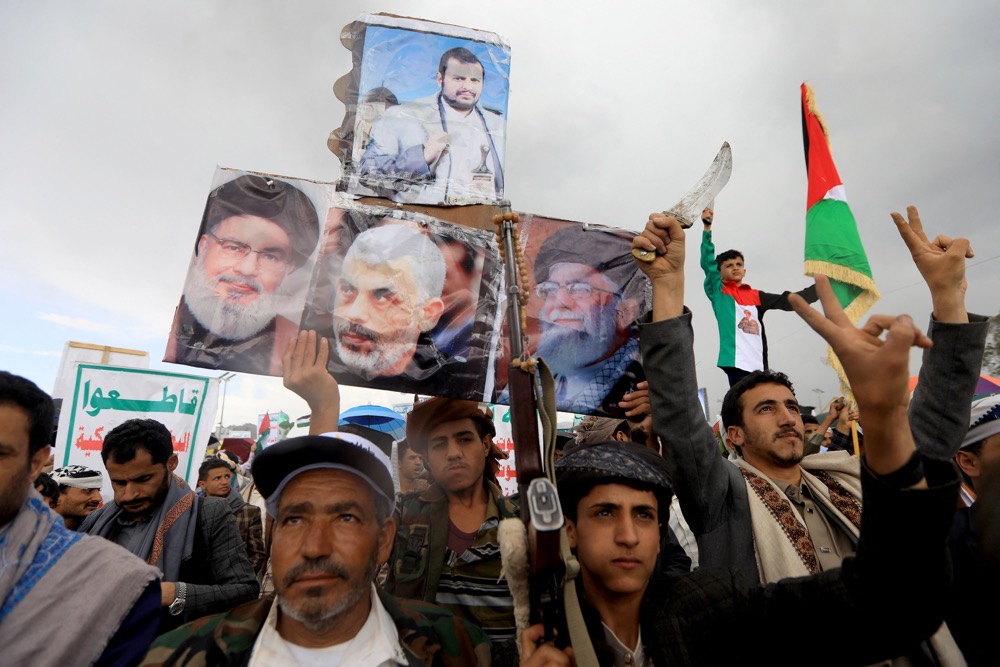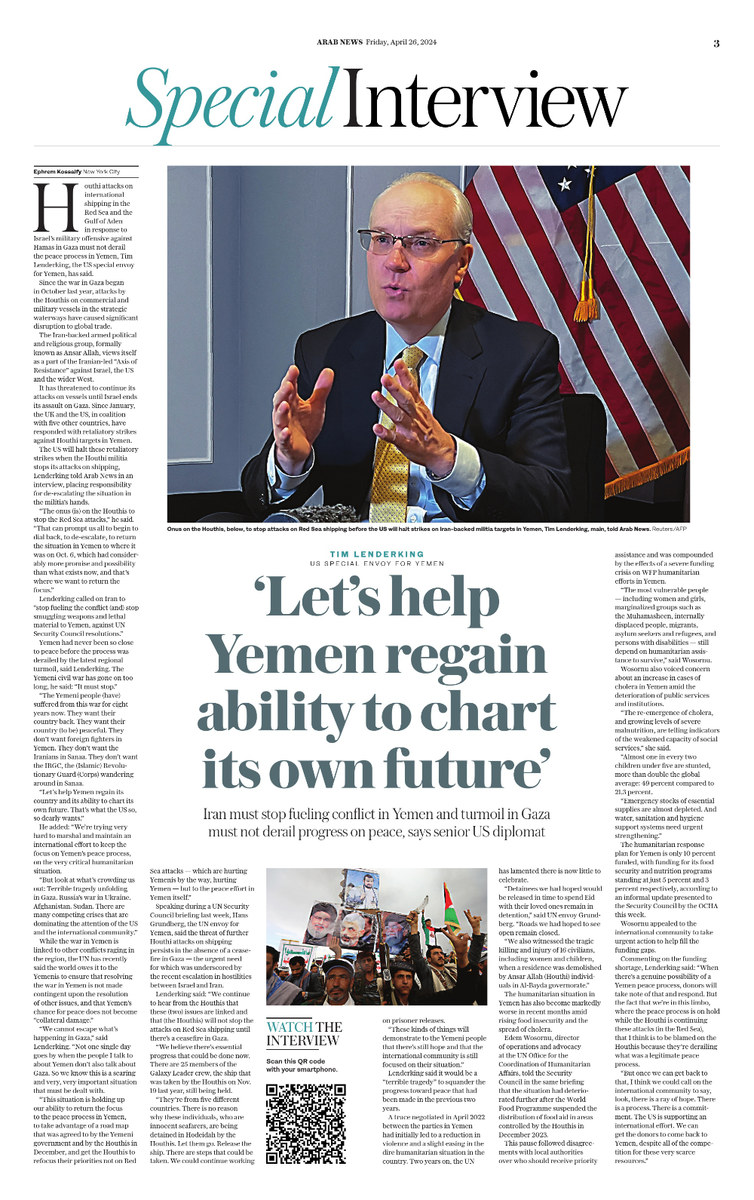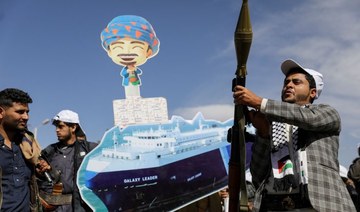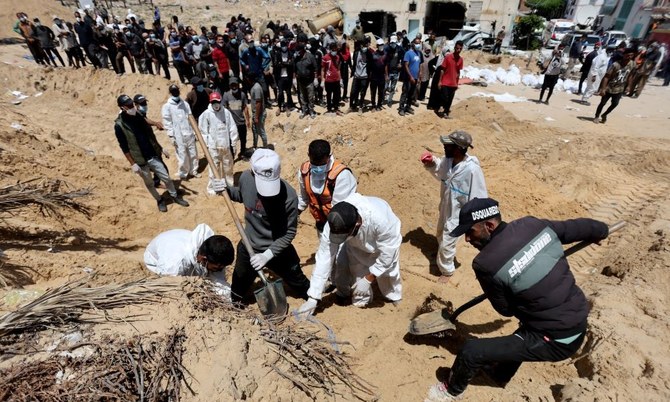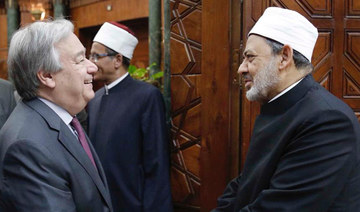DUBAI: With the coronavirus pandemic showing no sign of ebbing in the absence of a proven vaccine, the importance of medicine and related sciences to humankind’s continued existence and well-being has been underscored in dramatic fashion.
As the crisis pummels economies and upends the lives of millions of people by taking away their jobs, restricting their lifestyles and compromising their safety, the world is waking up to the indispensability of doctors, nurses, medical assistants and other health professionals.
For a fairly long period of time, the appeal of these professions had suffered as careers in finance, technology and management exerted a powerful grip on the popular imagination, including in the Arab world. Not anymore.
The pandemic has made unprecedented demands on health-care systems around the world and proved that some sectors of the economic system, namely health care, are essential in every sense of the word.
The increased requirements are not just for surviving the current health crisis, say economists and career counsellors, but also to prepare for a more secure future for humanity.
A strong indication of this realization was found in the mass tributes paid to doctors and other health-care providers during the early stages of lockdowns. From Rome to Dubai, people cheered and clapped from their balconies to express their gratitude and admiration.
Many front-line medical personnel in the Arab region have lost their lives in the line of duty. And more will probably contract the infection if a COVID-19 cure continues to elude researchers around the world.
Referring to the global outpouring of appreciation for the medical fraternity, Hussein Shobokshi, Saudi businessman and commentator, said he was taken by surprise.
“For a while now, the field of medicine has not been in vogue. The glamor had moved to people on Wall Street, in accounting, finance, to bankers, lawyers and, to some degree, to engineers as well,” he told Arab News.
“Medicine was perceived as a tedious, expensive and taxing profession that stole your social life and made you pay a heavy price for it.”
Many people were not ready “to sacrifice all that for a tiny amount of returns. People didn’t look at it from a moral point of view,” he said. “They were looking at it from a financial perspective.”
In the future, Shobokshi believes, there will be a “revolution in terms of the demand for jobs in the medical field across the world” — the demand will be “massive.”
“The medical field is going to expand, and its definition, from a traditional, classical concept, is going to be reinvented, restructured and re-engineered,” he said.
Priya Babel, a career and education consultant, agrees, saying that the coronavirus crisis has brought about a new understanding both of the many job roles in medicine and health, and their importance in keeping society healthy.
THENUMBERS
Ratio of physicians to every 1,000 patients in the population
- 2.6 in Saudi Arabia (2018)
- 0.5 in Egypt (2018)
- 2.3 in Jordan (2017)
(Source: World Bank)
People were reluctant to take up certain medical professions because they believed that “they were secondary to (the role of) a doctor, and not equally important,” but the pandemic has forced them to question their assumptions, said Babel, director of Dubai-based Uni Crest, an education and admissions consultancy.
“I feel that the shift in (careers in) medicine will be from treating the disease to a lifestyle-based approach. I am not saying there won’t be a demand for doctors, but there is also a great demand for physiotherapists, occupational therapists, psychologists and dietitians,” she told Arab News.
“A chest physiotherapist, for example, can teach people breathing techniques while they are being treated for COVID-19. When I say occupational therapists, I am also saying microbiologists because there is a lot of focus on treating the person, not just the disease. There are all these parallel science majors which have become as important, and I think people respect those equally.”
Biochemists, biologists and viral specialists will also be in demand, Babel said.
However, even if these professions find a place in the sun in the post-pandemic era, they have little chance of lessening doctors’ indispensability.
In the pre-pandemic era, the ratio of doctors to the population in the Arab region varied remarkably. According to World Bank data, the ratio of physicians to every 1,000 patients in the population was 2.6 in Saudi Arabia (2018), 0.5 in Egypt (2018), 2.5 in the UAE (2018), 2.3 in Jordan (2017) and 0.7 in Iraq (2018).
The challenges faced by health-care systems in the Arab world during the pandemic are mostly to do with the medical infrastructure’s capacity, measures to contain the spread of the infection and the timing of those measures.
A sharp imbalance between need and capacity developed as a result of a sudden increase in patient numbers, shortage of medical doctors and the lack of “the right equipment to treat patients,” said Babel.
On an individual level, the pandemic has reinforced the importance of self-development in individuals, say experts. The extended lockdown has prompted many people to review their career choices, looking at what they need to do to support themselves in a future that will be very different from what they thought.
According to the experts, the increasing appeal in recent months of online courses in life-coaching, nutrition, meditation and well-being, to name a few, points to a shift in people’s thinking triggered by the pandemic.
The need to stay relevant in a post-COVID-19 job market is as popular a theme these days as is self-preservation through better management of stress and higher immunity levels.
“We will see more marriages between technology and medicine to ensure access to knowledge through apps, websites and webinars, simplifying the messages for the masses,” said Shobokshi.
In his view, the fight with COVID-19 has taught every nation that medicine is the new defense industry.
“For a long time, the Middle East in general — and I don’t discount any country in this statement — has been pouring money into arms and defense-related industries as a priority to secure their borders and skies, which were essential requirements,” said Shobokshi.
“However, the concept of the medical field as a defense mechanism, as we have seen in the COVID-19 experience, will lead to further investments in this sector.”
Apart from channeling more investment into hospitals and medical centers, governments in the Arab world can “encourage recruitment of national and international talent to help fill the gaps,” he said.
Only time will tell if any of these post-COVID-19 scenarios will come to pass. What is certain, however, is that life after the pandemic will be different from before.
Even if a vaccine becomes available to combat COVID-19 in the coming months, the future is likely to be characterized by adaptability, fresh thinking and a renewed respect for the role of health-care professionals in keeping societies safe.
-------------------



